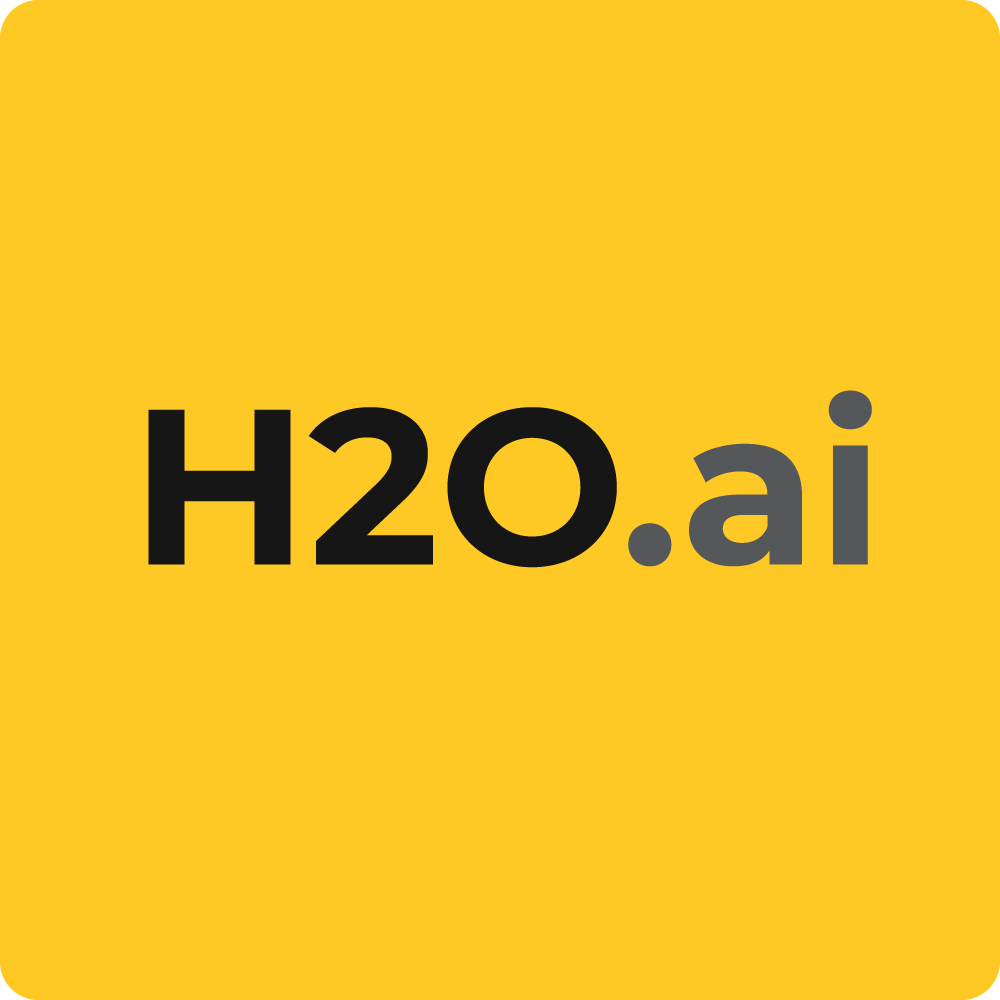Launching the Academic Program … OR ... What Made My First Four Weeks at H2O.ai so Special!


We just launched the H2O.ai Academic Program at our sold-out H2O World London. With nearly 1000 people in attendance, we received the first online sign-up forms submitted by professors and students alike. This program will massively democratize AI in academia, increasing the number of AI-skilled graduates – with both technical and business degrees.
A short personal note: H2O.ai is a special company
Never have I had a start to a new job like my job at H2O.ai. It’s been amazing. The team is smart and professional – and new hires are included from the get-go. The minute I walked through the door on day one, Sri invited me into a customer meeting. This led to the great opportunity to build and launch the H2O.ai Academic Program within my first weeks of employment. What an honor. Thank you, Sri!
Elements and Benefits of the H2O.ai Academic Program
H2O.ai has been deeply engaged with academia for many years, and the open source H2O solution for Python and R is widely used, with many documented classes and academic articles .
Now, due to requests from existing and new university partners, we’re providing free licenses for H2O Driverless AI for non-commercial use only. Access to our leading software is bundled with all of our enablement content, guest lectures, and a new community.
Participants get:
- Free H2O Driverless AI licenses for non-commercial use (these can be requested by professors and/or students).
- Access to all datasets and enablement content by H2O.ai.
- Guest lectures by leading machine learning experts including our own Kaggle Grandmasters.
- Membership in the H2O.ai Community with a dedicated academic networking group.
Early adopters and founding members
H2O.ai is launching the program with the active engagement and endorsement of leading members of the academic community around the world. These include:
- Michael Bliemel, Dean at the Faculty of Business and Information Technology, University of Ontario Institute of Technology in Canada. Prof. Bliemel is thrilled about “[teaching] machine learning to non-technical students in business degrees.”
- John Williams from Otaga Business School in New Zealand. Having used H2O open source for online advertising effectiveness research, Dr. Williams says that “[the program] is a dream come true.”
Academia use case: Wildbook using Machine Learning for Wildlife Conservation
How is H2O being used by academia? Let’s take a quick look at Wildbook, an initiative to save endangered large animal species in Africa.
Driving this initiative is Tanya Berger-Wolf , a Professor of Computer Science at University of Illinois, Chicago and Dan Rubinstein , Professor of Behavioral Ecology and Conservation at Princeton University in New Jersey.
Wildbook pulls together photographs taken by field scientists, tourists, automated cameras, and incidental photographers (the most abundant source of wildlife imagery available today). The result is a massive collection of wildlife images. Wildbook next subjects these images to AI to identify specific species and even individual animals. Using sophisticated data management techniques, Wildbook then creates a high-resolution information database of the images that enables scientific inquiry, conservation, and citizen science.
With help from H2O.ai and the H2O open source solution, Wildbook pulled off the first ever full-species census (for the endangered Grevy’s zebra) using photographs taken by ordinary citizens in Kenya in 2016.
Best of all, the resulting numbers now form the official species census used by IUCN Red List. After repeating the effort in 2018, Wildbook helped create the first-ever certified census from an outside organization accepted by the Kenyan government.
What an amazing story. Check out the Wildbook website to find out more!
Join the program today – professors and students alike
Now it is up to you to join the H2O.ai Academic Program. For many of you, the program will serve as an extension of your work with H2O open source – one that enables you to now address a less technical group of students.
For others, the H2O.ai Academic Program can be the beginning of a new way of working with AI and ML and bringing it to your sudents. Even if you have not worked with our solutions in the past, please reach out. We are here to help!
And please remember, this program is tailored to professors as well as individual students. Both are invited to apply and get access to our cool software. The only question is: What are you waiting for?





